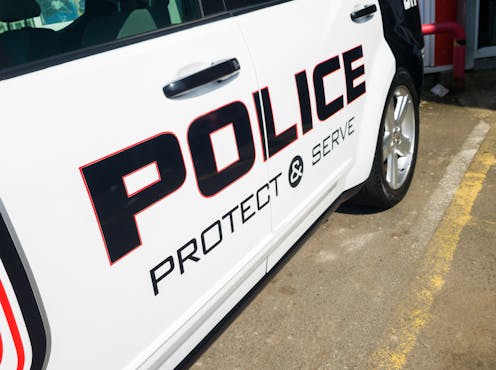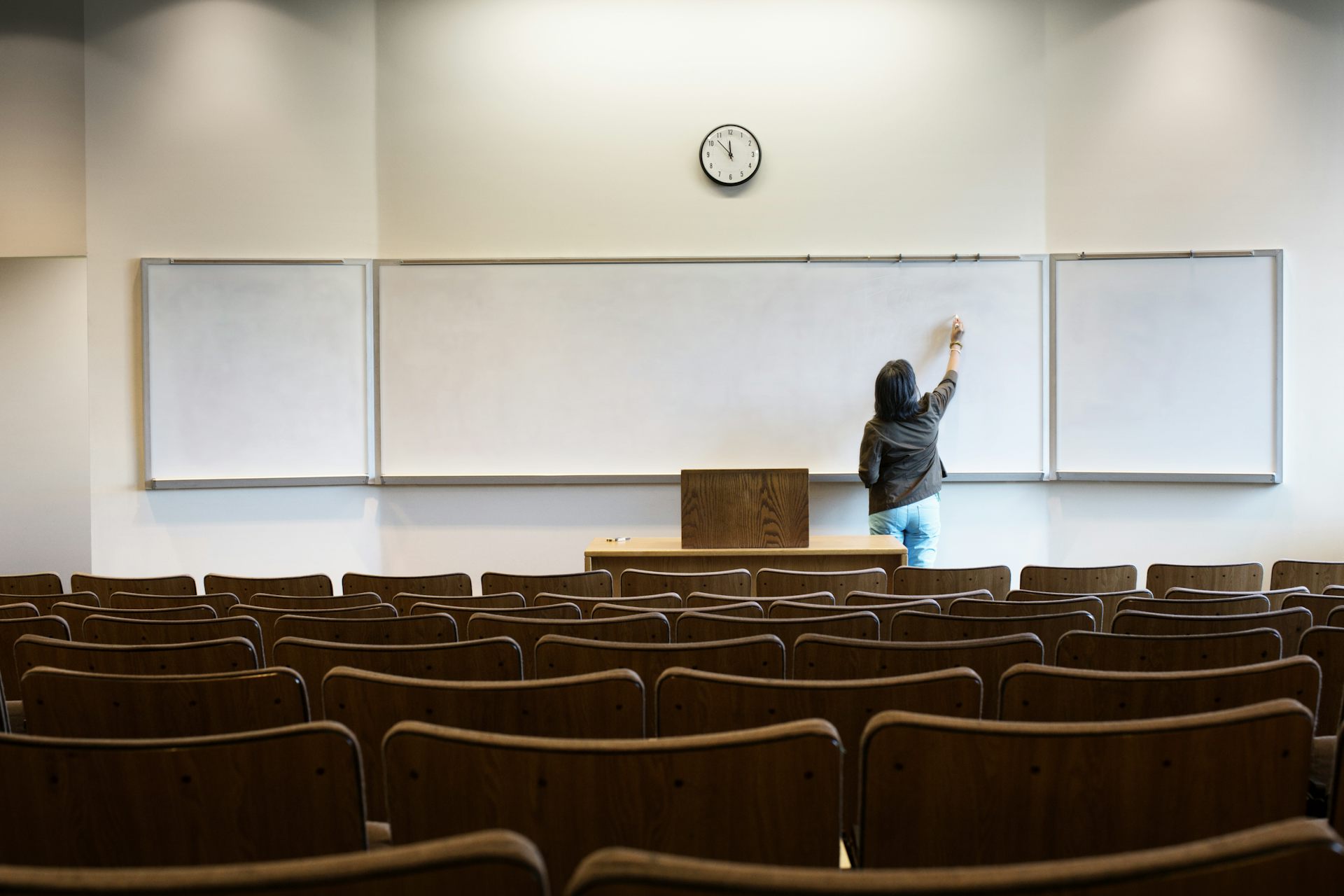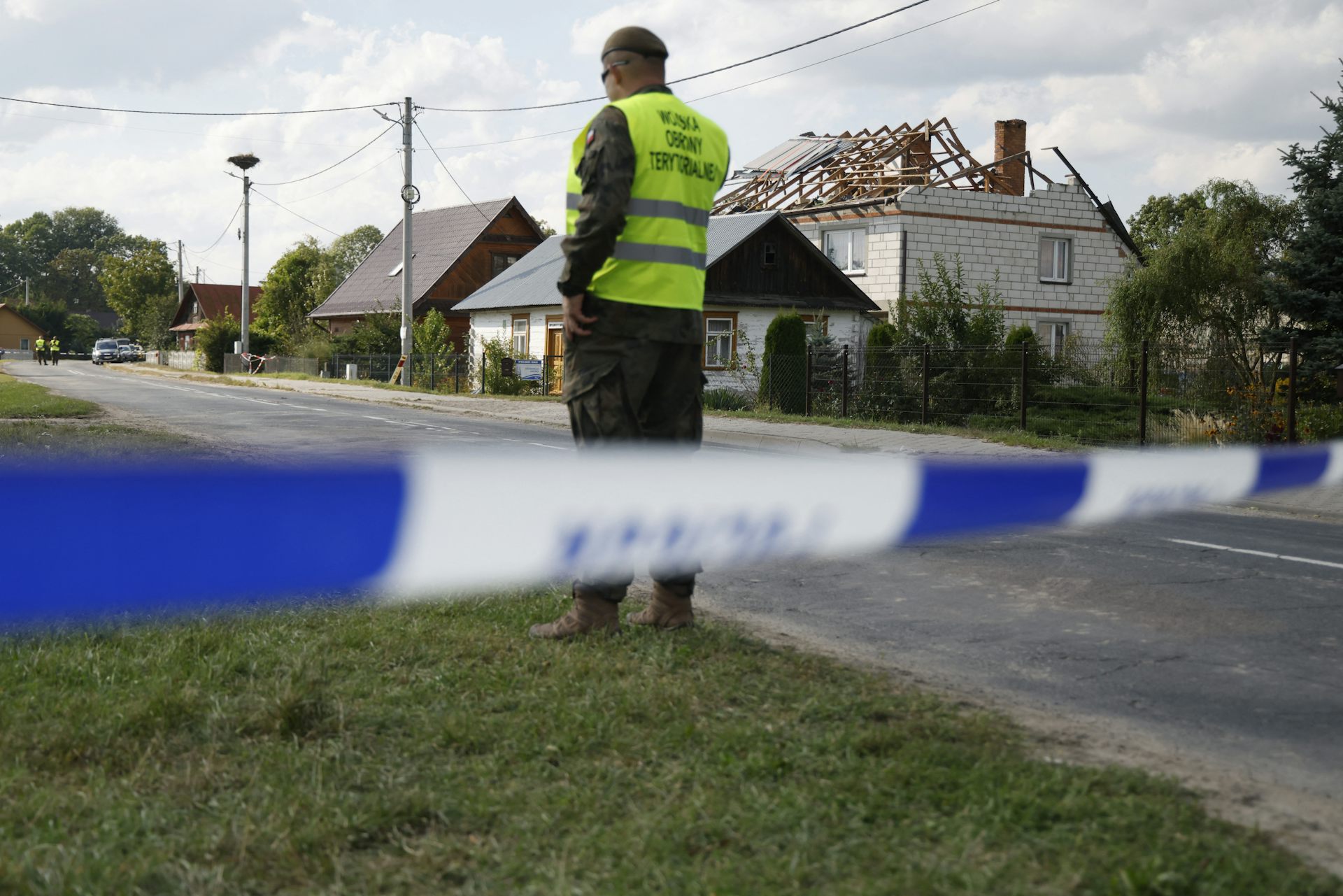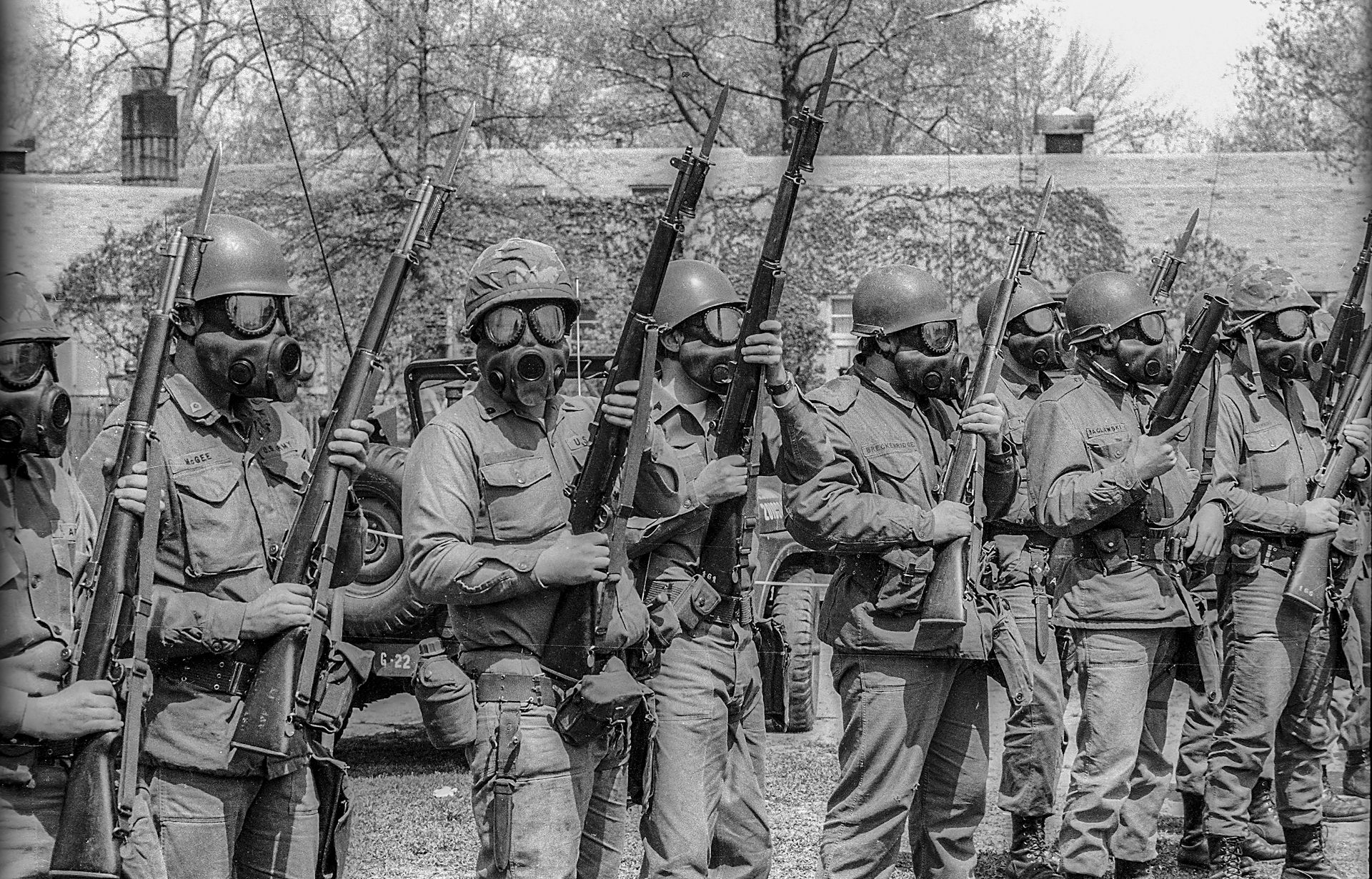Perception of campus police is more negative among students from minority groups
Prior encounters with police didn’t negatively affect student views of campus police, but perceptions varied among students from different ethnic and racial groups and LGBTQ+ students.

Racial, ethnic and self-identified sexual minorities possess more negative views of campus police compared with nonminorities.
That’s the key finding from a new study in which we analyzed data from approximately 400 undergraduate students to assess being stopped by campus police. We also looked at perceptions of campus police more generally. Eighty-two percent of our sample identified as non-Hispanic white, 31% identified as being male, and 64% identified as being heterosexual.
We found few differences between students with and without a history of being stopped by campus police.
Why it matters
We believe our findings highlight how the racial bias experienced by minority communities in police investigations has spilled over into the views of all police figures, including campus police.
The fact that we found few differences between students with and without a history of being stopped by police is telling. To a certain extent, it could suggest that minority students in our study are being treated fairly by campus police. However, if this is the case, then it remains unclear why we still found that minority students report more negative views of campus police.
It is here where we believe that the history and ongoing racism in law enforcement could be playing a role. It is possible that the skepticism of law enforcement more generally gets carried onto campus by students. This is especially true among minorities who historically have been unfairly treated by the police.
It could also be that widespread, systemic racism – not only in the criminal justice system but also in institutions of higher education – plays a role. There are racial and ethnic biases that exist in higher education, such as stereotyping and unfair grading practices. Therefore, it may not be unreasonable for students to assume that such biases may exist among campus police.
What still isn’t known
More studies are needed to tease out why and how students have varying perceptions of campus police. We also encourage future studies to assess whether the patterns observed in our sample are present on other campuses. Our findings can only speak to one university in the Northeast region of the U.S., so their broad applicability is limited. With that being said, we controlled for several background characteristics – including arrest history – in hopes of best capturing what influences campus police contact and perceptions.
Our overall goal with this research is to better understand dynamics between people and figures of authority. Improving our understanding in this area will guide us toward a solution to address today’s conflicts.
The Research Brief is a short take on interesting academic work.
The authors do not work for, consult, own shares in or receive funding from any company or organization that would benefit from this article, and have disclosed no relevant affiliations beyond their academic appointment.
Read These Next
The greatest risk of AI in higher education isn’t cheating – it’s the erosion of learning itself
Automating knowledge production and teaching weakens the ecosystem of students and scholars that sustains…
‘Learning to be humble meant taming my need to stand out from the group’ – a humility scholar explai
Humility is a virtue that many people admire but far fewer practice. A scholar describes how a professional…
Russia tested NATO’s airspace 18 times in 2025 alone – a 200% surge that signals a dangerous shift
With each year of the Ukraine-Russia war, Moscow has upped its violations of neighboring states’ airspace…






